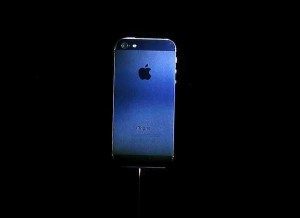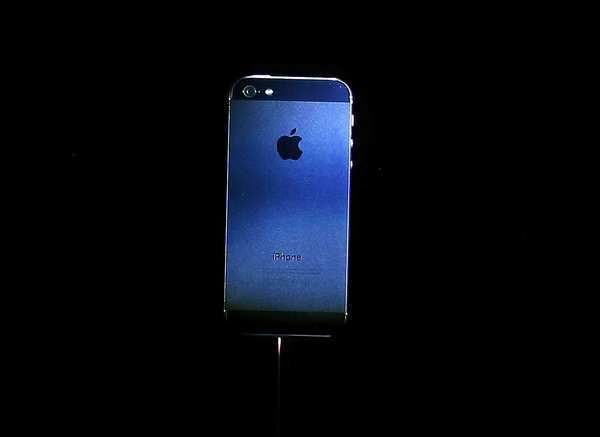 There was a lot of disappointment surrounding the iPhone 5. There is no doubt that this is the best iPhone to date given the update of features and specs as compared to previous iPhones. Many consumers were disappointed, however, at the fact that there wasn’t anything necessarily new. Most of the features in the iPhone 5 have been introduced in previous Android phones. They may have been implemented differently and may even work better, but in effect are the same features. So who is to blame for this? Many point fingers at Apple but should be pointing fingers at themselves.
There was a lot of disappointment surrounding the iPhone 5. There is no doubt that this is the best iPhone to date given the update of features and specs as compared to previous iPhones. Many consumers were disappointed, however, at the fact that there wasn’t anything necessarily new. Most of the features in the iPhone 5 have been introduced in previous Android phones. They may have been implemented differently and may even work better, but in effect are the same features. So who is to blame for this? Many point fingers at Apple but should be pointing fingers at themselves.
Apple is a business and did just what any business would do in their situation. They have made unfathomable amounts of money releasing phones that are similar to previous generation with upgrades that are good but in general can be considered safe. Why would they change that method with the iPhone 5 when it consistently brings in more money every year?
This is analogous to the way the Call of Duty franchise is treated by Activision. A new game is released every year with the same basic design and mechanics but it has touch ups here and there and some new features. And every year the game is a blockbuster regardless of the opinions of gamers that it failed to innovate compared to other games in the same genre.
Apple’s goal isn’t to innovate or even try and outdo Android phones. At the end of the day their goal is to make a profit. If releasing every iPhone with supposedly safe, minor upgrades results in huge sales, then they have no reason to stop doing it. If consumers really want companies, not just Apple, to take risks they need to stop purchasing yearly iterations which only promotes the behavior.
The problem is that this situation is likely far from ever being a reality. More often than not the new iterations of the iPhone are always enough for consumers to make a purchase and push Apple sales through the roof. And in that case, Apple’s mantra has been “If it ain’t broke, don’t fix it.”


